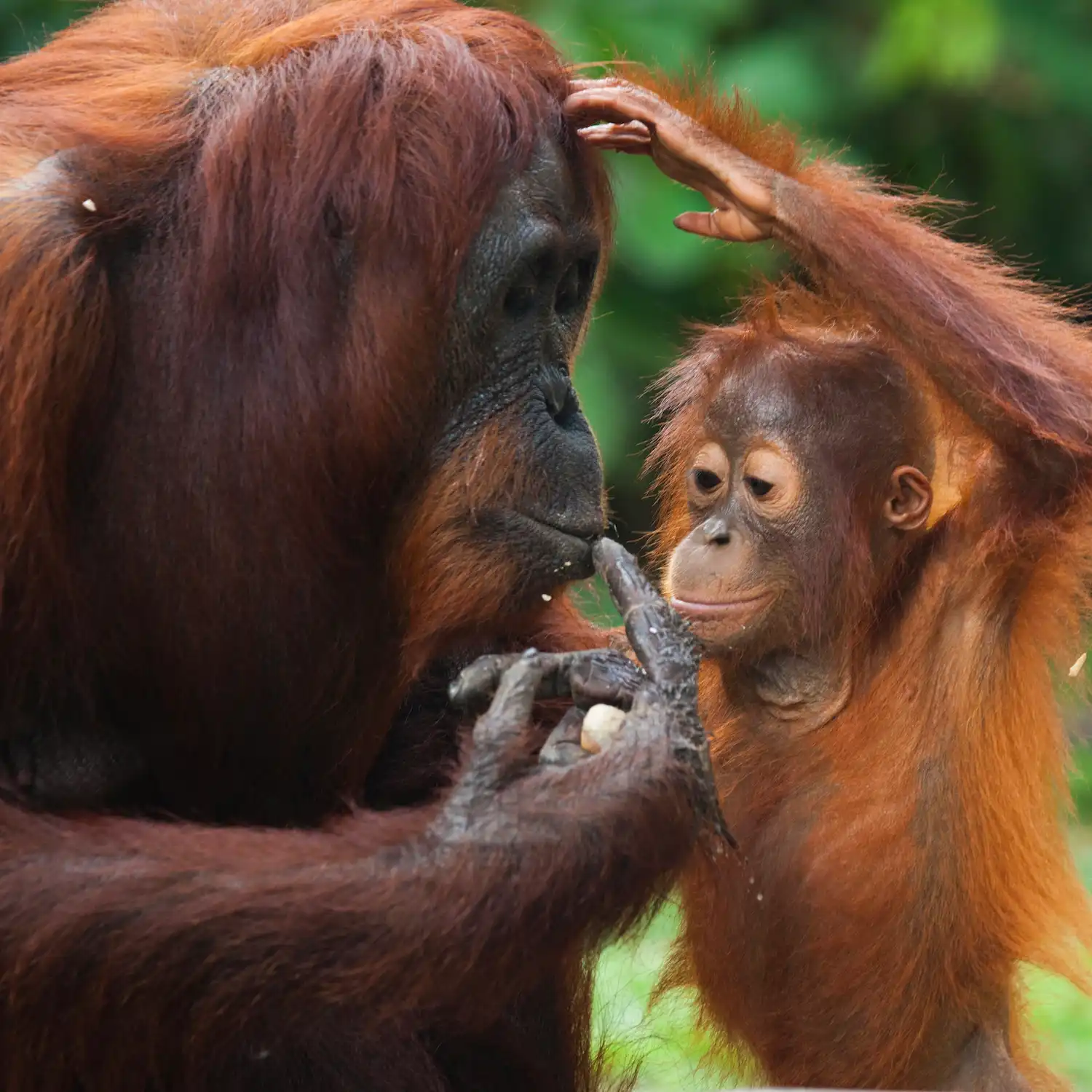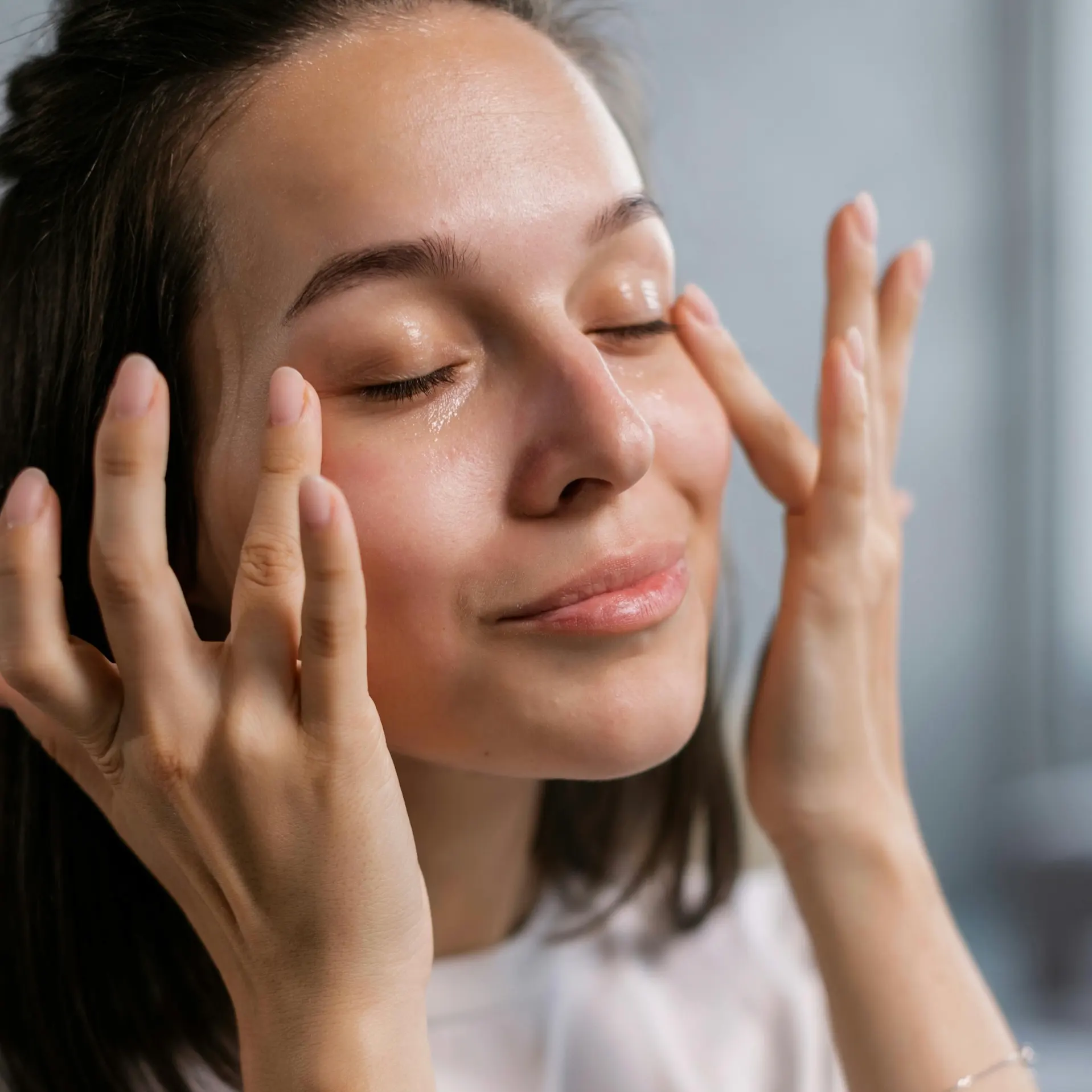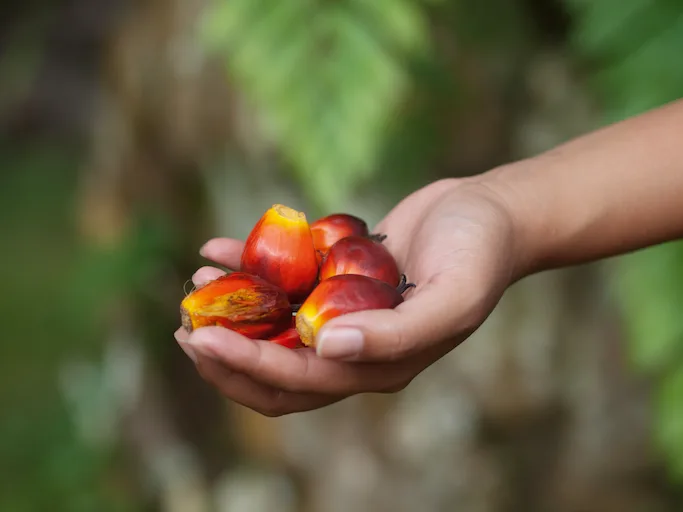International orangutan day – why it matters and how you can help


Every year on 19th August, International Orangutan Day offers a moment to reflect on one of the world’s most intelligent and gentle great apes - and the growing challenges they face.
Orangutans share around 97% of our DNA. They are skilled problem-solvers, tool users, and deeply social animals. Mothers care for their young for up to eight years, one of the longest childhoods in the animal kingdom, highlighting just how complex and emotionally rich these animals are.
Despite this, orangutans are now critically endangered. Their populations have declined sharply over recent decades, largely due to the rapid loss of their rainforest habitats. Understanding why this is happening - and how everyday choices can play a part - is an important step in protecting their future.
Key takeaways
- Orangutan populations have declined significantly over recent decades. Bornean orangutan numbers have fallen by more than 60% since the mid-20th century, with further declines predicted, while Sumatran orangutans continue to face serious population loss.
- All orangutan species are now classed as critically endangered, with habitat destruction playing a major role in their decline.
- Large-scale palm oil cultivation is one of the key drivers of rainforest loss in orangutan habitats.
- Choosing palm oil-free products is one way to reduce indirect pressure on these ecosystems and support more responsible production practices.
- Supporting conservation charities and making informed everyday choices can contribute to long-term protection efforts.
Why orangutans are endangered
All three orangutan species are now classed as Critically Endangered, following dramatic population declines over recent decades.
- Bornean orangutan (Pongo pygmaeus) populations have fallen by more than 60% since the mid-20th century, with further declines predicted.
- Sumatran orangutan (Pongo abelii) numbers are also decreasing, with scientists forecasting significant losses over the coming years.
- Tapanuli orangutan (Pongo tapanuliensis), the most recently identified species, is the most vulnerable of all, with fewer than 800 individuals remaining and ongoing habitat pressure placing it at serious risk.
The primary driver of these declines is deforestation. Large areas of tropical rainforest are cleared each year to make way for agriculture, including palm oil plantations. This destroys essential feeding and nesting habitats, while fragmenting forests into smaller, isolated areas that make it harder for orangutan populations to survive and recover.
Orangutans also have a very slow reproductive cycle. Females give birth only once every six to eight years, meaning populations take decades to rebuild. As habitats shrink and human contact increases, even relatively small losses can have long-term consequences.

Where palm oil is found
Palm oil is the most widely used vegetable oil in the world. Derived from the fruit of the oil palm (Elaeis guineensis), it is valued for its versatility and low cost.
It’s commonly found in:
- Food products, including biscuits, chocolate, margarine, and instant noodles.
- Personal care and cosmetic products, such as shampoo, soap, lipstick, and face creams.
- Household items, including detergents, cleaning products, and candles.
In cosmetics and personal care products, palm oil often appears under alternative ingredient names rather than as “palm oil” itself. Ingredients beginning with laur-, stear-, palm-, or cetyl- can indicate palm-derived components, making them difficult to identify without clear labelling or certification.

Palm oil and orangutans
The expansion of palm oil plantations - particularly in Indonesia and Malaysia - has been one of the major drivers of deforestation in orangutan habitats. Each year, large areas of tropical rainforest are cleared or burned to make way for monoculture plantations.
This loss of forest destroys the complex ecosystems orangutans rely on for food, shelter, and movement. As habitats become smaller and more fragmented, populations struggle to remain viable. Orangutans are increasingly forced into closer contact with human settlements, where the risk of injury, conflict, and death rises significantly.
Palm oil is also present in a vast number of everyday products, often listed under alternative ingredient names. This makes it easy for consumers to support demand unknowingly, even when trying to make more conscious choices.
Efforts to address these issues through “sustainable” palm oil schemes remain widely debated. Organisations such as the Roundtable on Sustainable Palm Oil have faced ongoing criticism over enforcement and transparency. A 2024 report by the Environmental Investigation Agency highlighted continuing loopholes in standards and raised concerns about whether current certification systems can reliably prevent deforestation or meet newer EU and UK regulations. The report also noted structural issues around auditing processes, including potential conflicts of interest.

Amaranthine’s story – why we are palm oil free
From the very beginning, I made the decision that Amaranthine would be a palm oil-free skincare brand. When the Palm Oil Free Certification Trademark became available, it offered a clear and independent way to formally verify that commitment.
Choosing to remain palm oil free is not without its challenges. Many commonly used cosmetic ingredients — particularly those that affect texture, stability, or skin feel — are derived from palm oil. Finding effective alternatives requires careful research, formulation expertise, and ongoing review of suppliers.
Palm oil-free ingredients are often more expensive, and every product must go through a detailed certification process that takes time and resources. Despite this, it’s a commitment I continue to stand by, because prioritising transparency and reducing environmental impact is central to how I choose to make skincare.

What you can do
You don’t need to run a skincare brand to make a difference. Small, informed choices can help reduce pressure on rainforest habitats and support conservation efforts.
- If you’d like a deeper look at how palm oil is used in skincare - and how to identify genuinely palm oil-free alternatives - you can read more here.
- Support conservation charities, such as Borneo Orangutan Survival Foundation, Orangutan Foundation International, Sumatran Orangutan Conservation Programme, and OVAID (Orangutan Veterinary Aid).
- Reduce your palm oil consumption, both in food and in cosmetics, where palm-derived ingredients can be harder to spot.
- Raise awareness by sharing reliable information about orangutans and the connection between palm oil production and habitat loss.
Final thoughts
International Orangutan Day offers an opportunity to pause and reflect on our connection to the natural world. Orangutans are intelligent, social animals whose survival is closely tied to the health of tropical rainforests - ecosystems that are disappearing at an alarming rate.
The choices we make every day, including the products we use, can help reduce pressure on these fragile habitats. By supporting transparency, ethical sourcing, and palm oil-free alternatives, we contribute in small but meaningful ways to protecting wildlife, forests, and the communities that depend on them.
Their story is closely linked to our own - a reminder that caring for the planet ultimately means caring for ourselves as well.
Sources
WWF UK. -8 things to know about palm oil. Link
Environmental Investigation Agency. The RSPO’s Rules on Deforestation, Legality and Traceability. Link
IUCN Red List of Threatened Species – Orangutans. Link
The International Palm Oil Free Certification Trademark (POFCAP). Link
Orangutans In Crisis Link







